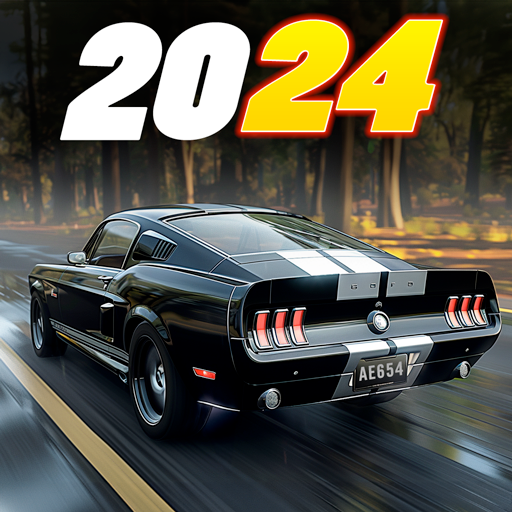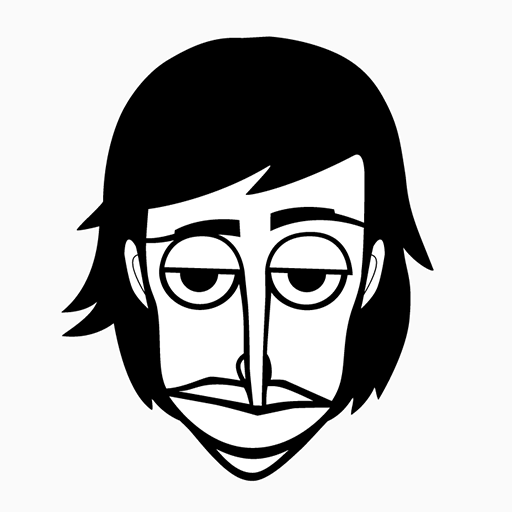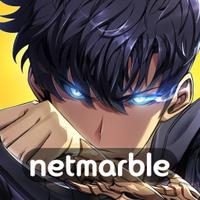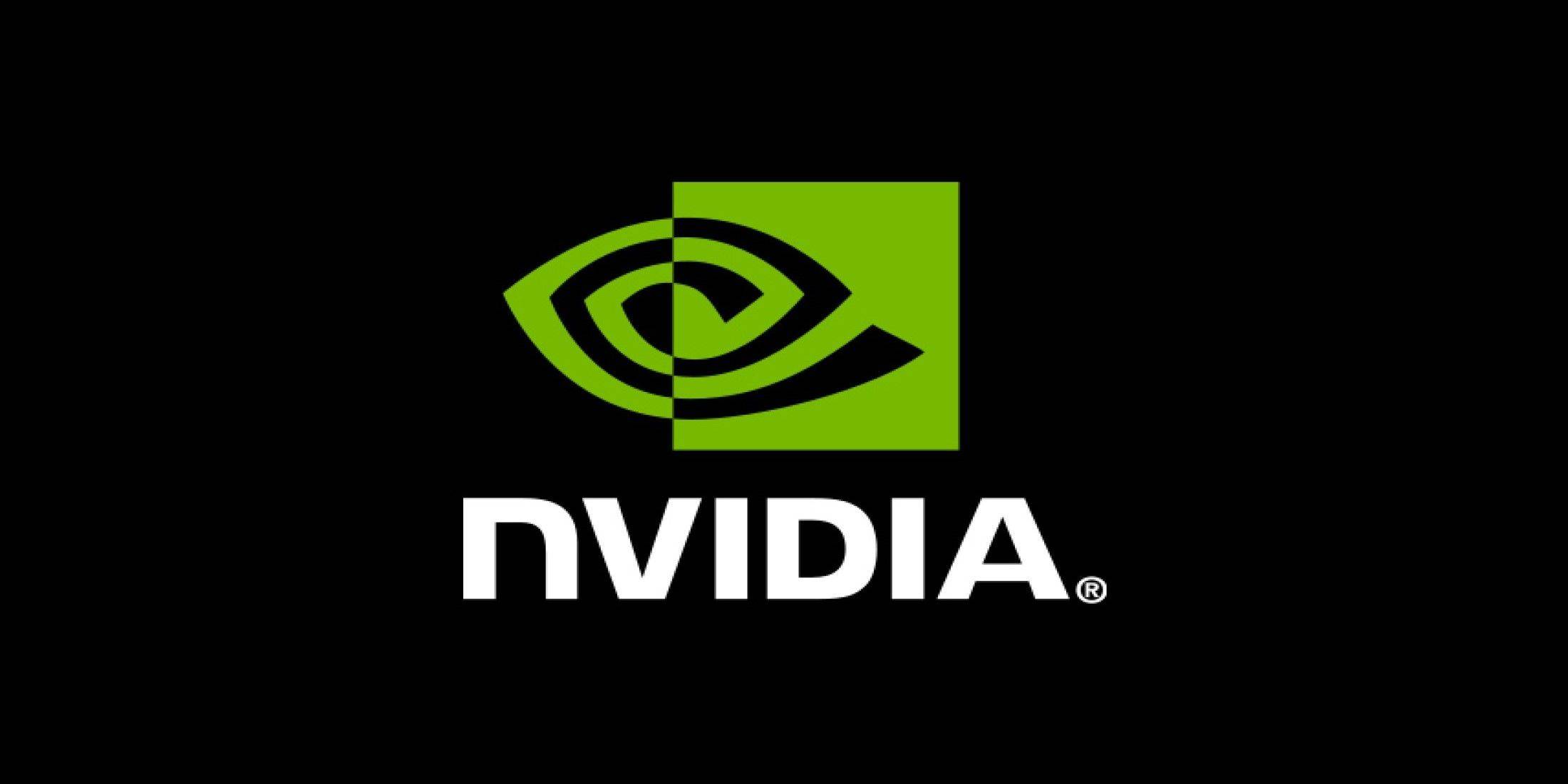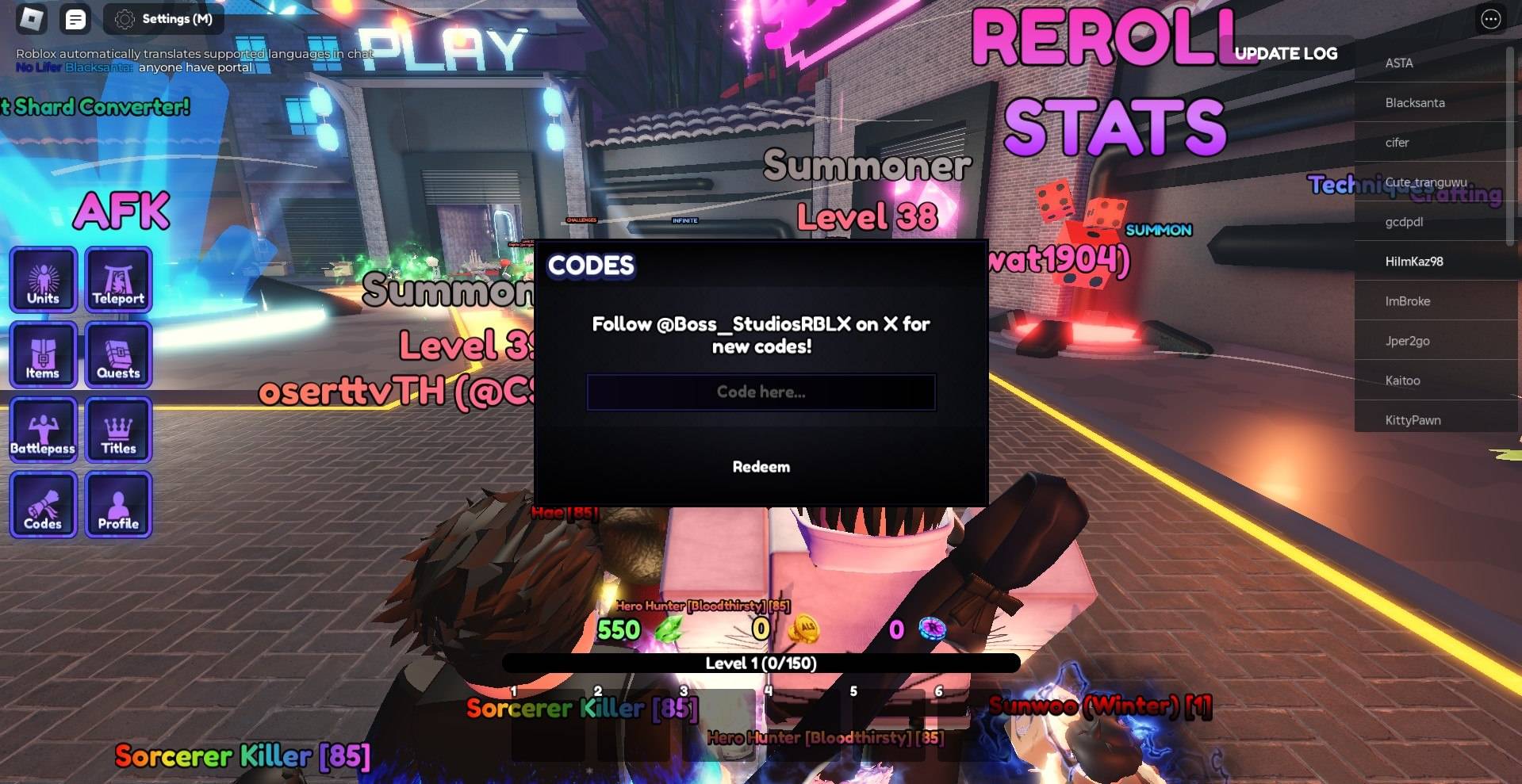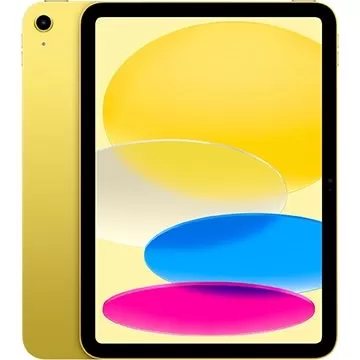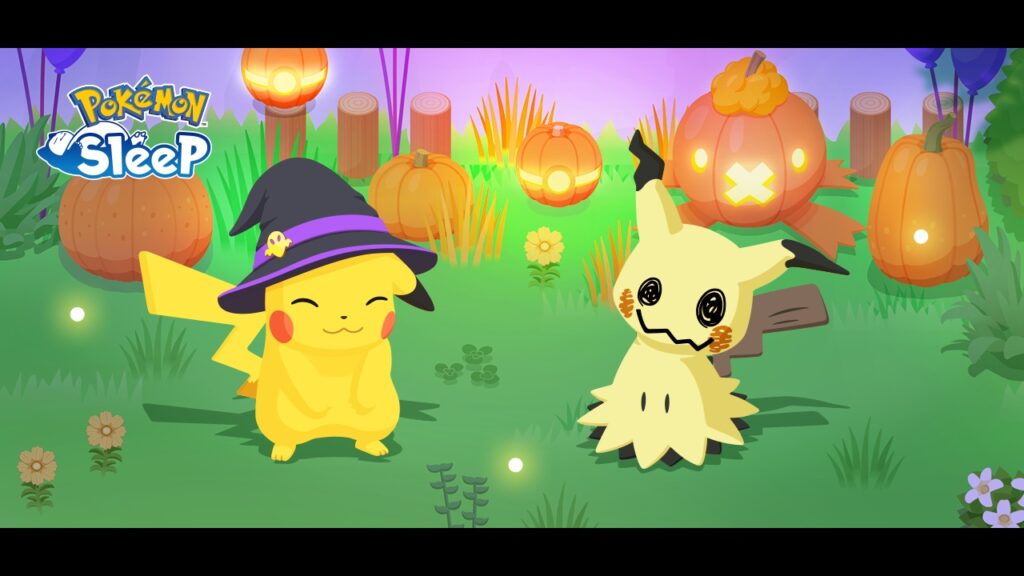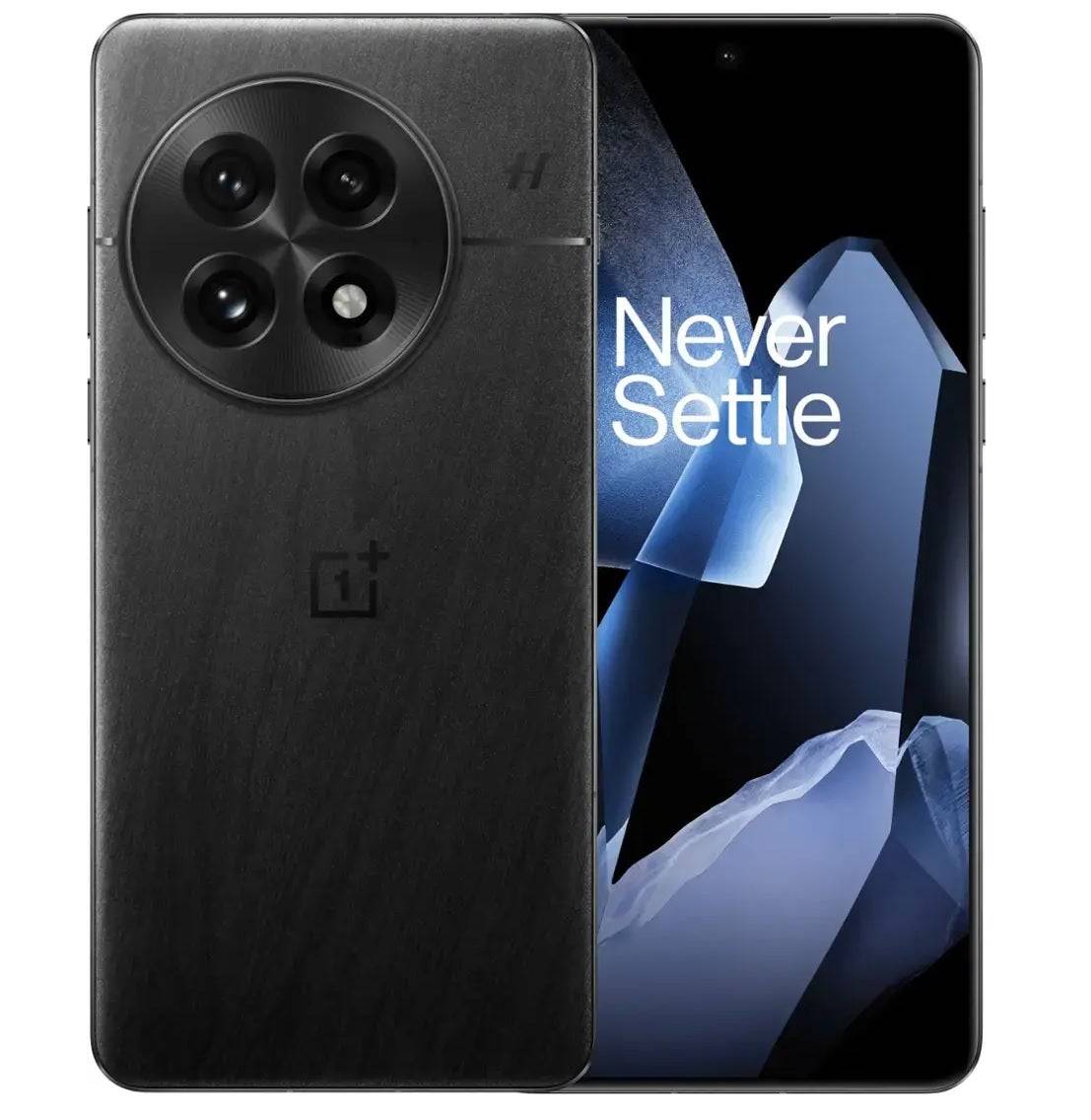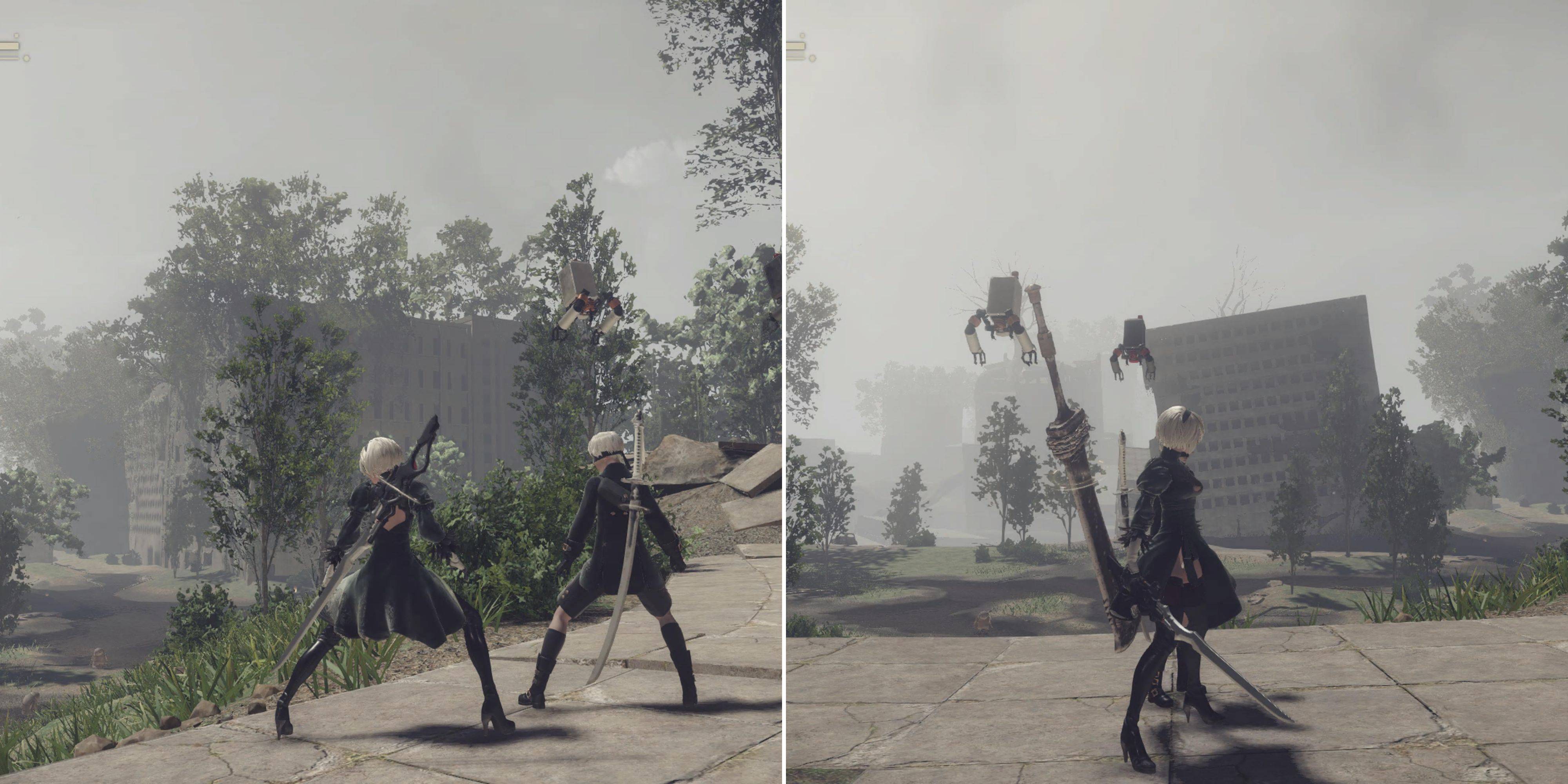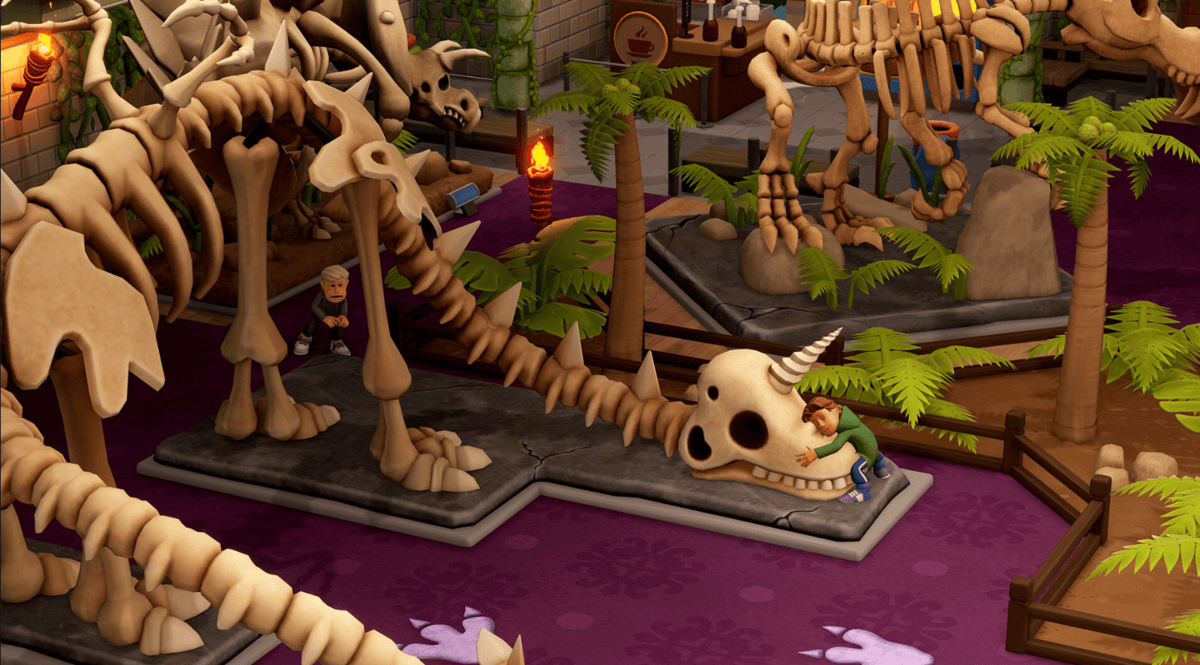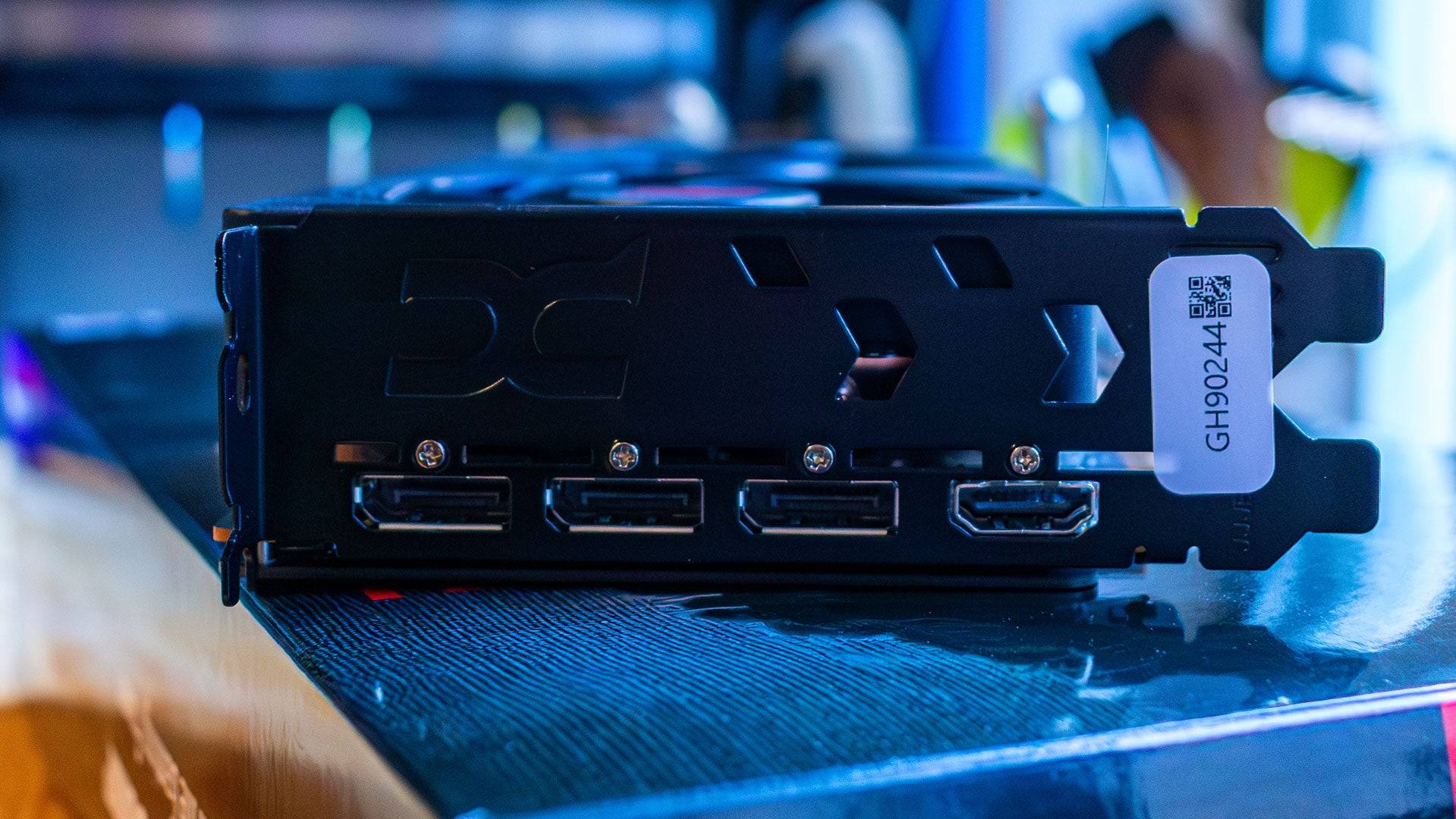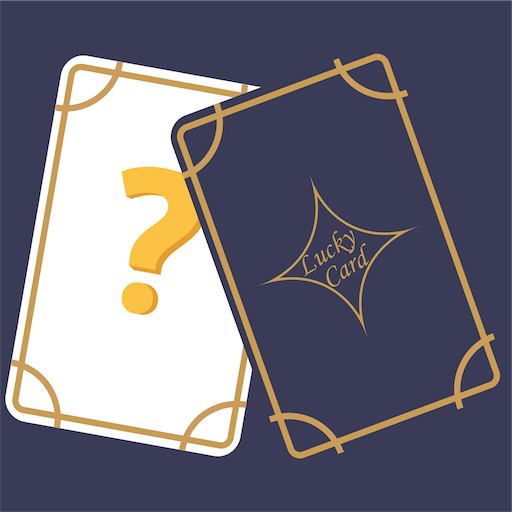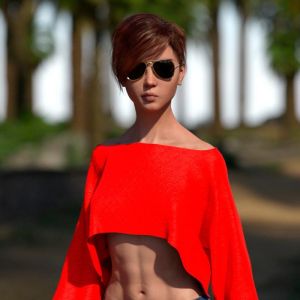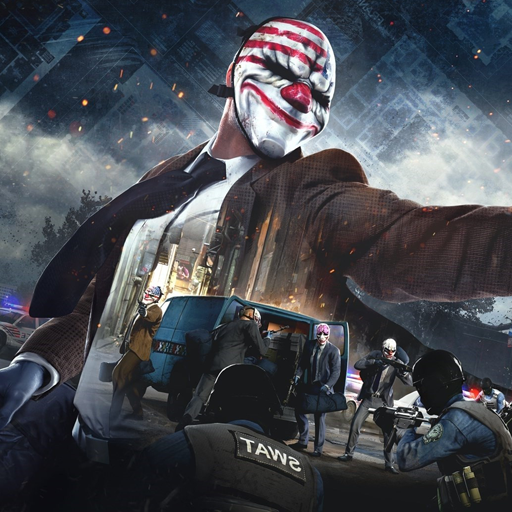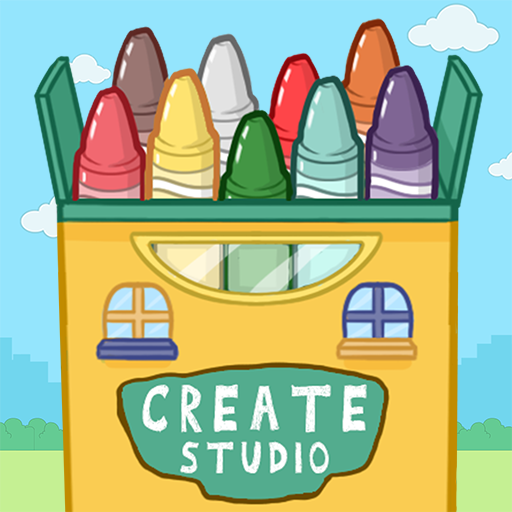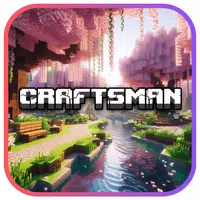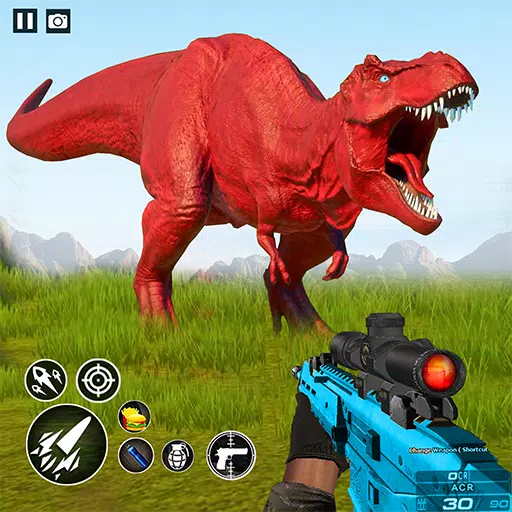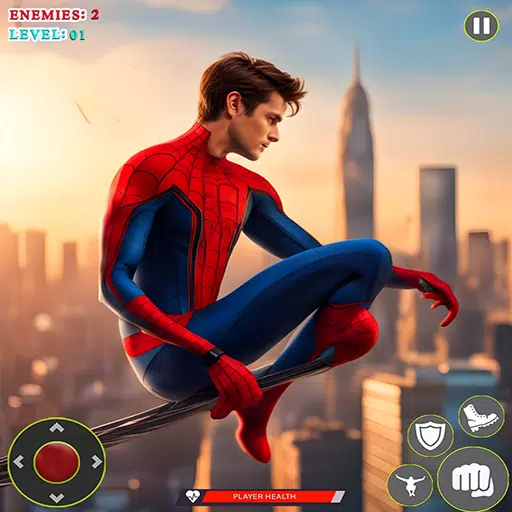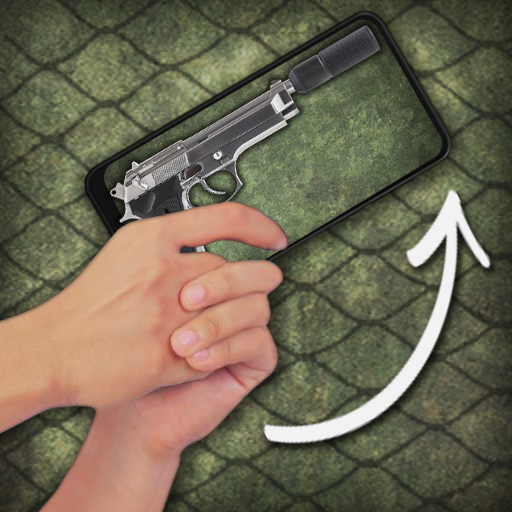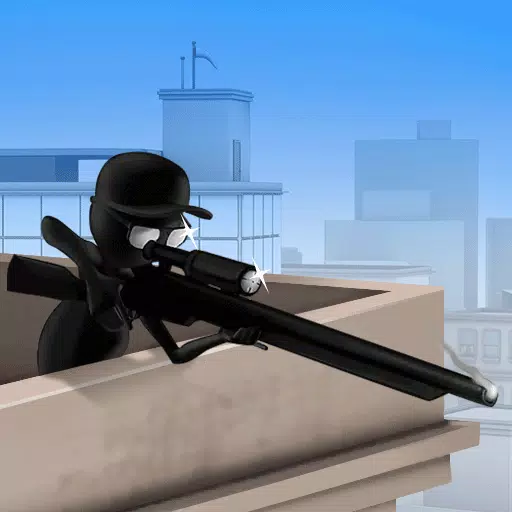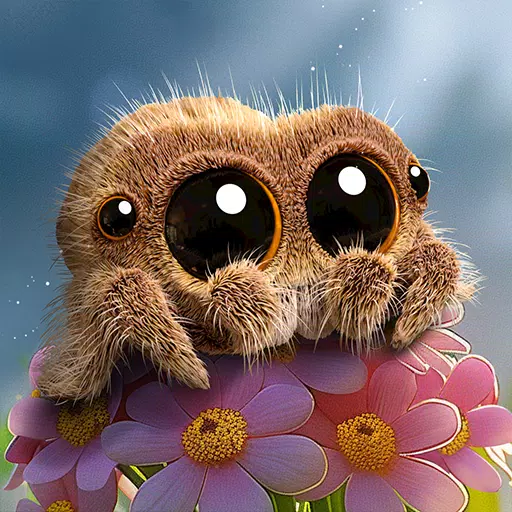Ōkami 2 — Capcom, Hideki Kamiya, and Machine Head Discuss Hotly Anticipated Sequel in Exclusive Interview
Twenty years after the launch of the original Ōkami, the revered goddess Amaterasu, the source of all goodness and our universal mother, is set to return in a highly anticipated sequel. Announced at last year's Game Awards, this follow-up to the beloved classic is being developed by Hideki Kamiya, who has recently established his new studio, Clovers, after parting ways with Platinum Games. Kamiya, the visionary behind the original, is now directing the project with the full support of Capcom, the IP's owner and publisher, and in collaboration with Machine Head Works, a studio composed of Capcom veterans who have contributed to recent titles, including the Ōkami HD remake. This collaboration promises an all-star team, blending new talent with seasoned developers passionate about fulfilling their initial vision for the series.
While details about the sequel have been sparse, leaving fans curious about whether it will be a direct follow-up, who initiated the project, and if the trailer featured Amaterasu or another wolf-like figure, IGN recently had the chance to delve deeper. In a comprehensive interview with director Hideki Kamiya, Capcom producer Yoshiaki Hirabayashi, and Machine Head Works producer Kiyohiko Sakata in Osaka, Japan, we explored the development process, the collaboration between the studios, and the future of the Ōkami franchise.
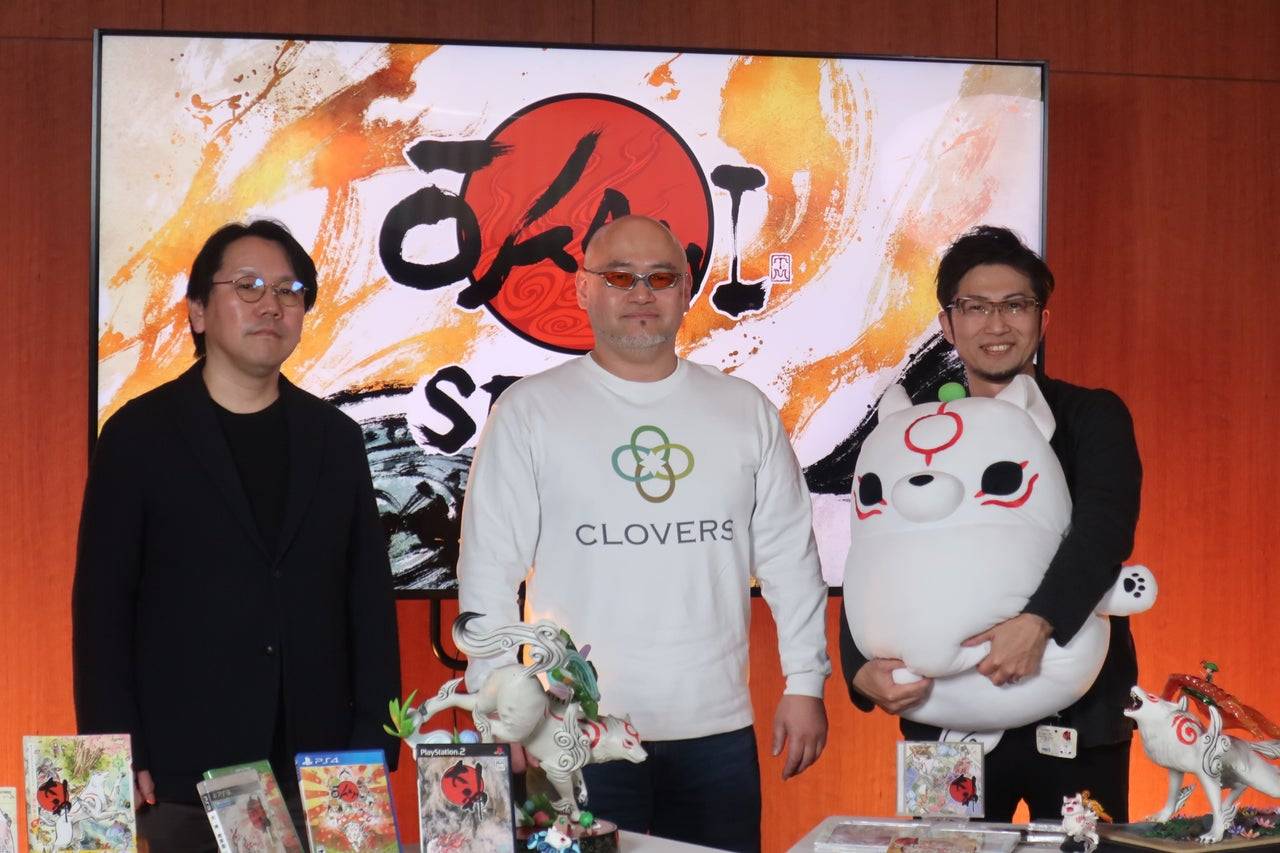
Full Q&A from the Interview
IGN: Kamiya-san, you've talked before about why you left PlatinumGames. You said you were feeling it was going in a different direction from your beliefs as a developer. And you said you wanted to make games that only Hideki Kamiya could make. What beliefs about developing games are important to you and how do you expect them to shape Clovers'?
Hideki Kamiya: In 2023, I left PlatinumGames after 16 years because I felt the company was moving in a direction that didn't align with my vision. I believe the personality of game creators significantly influences the user experience. At Platinum, I wanted to continue but felt constrained. After leaving, I realized my desire to create an environment where I could fully realize my creative goals, leading to the formation of Clovers.
What defines a Hideki Kamiya game? If I didn't know you had developed something, how would I look at that game and say, "Ah yes, Hideki Kamiya made this?"
Kamiya: A Hideki Kamiya game doesn't need to be labeled as such. My focus is on creating unique experiences that players haven't encountered before. I strive to craft games that offer a novel way of enjoyment through the development process.
What is the connection between Clovers and Clover Studio, if any? Does the clover, the plant, have a special meaning to you?
Kamiya: Clovers continues the legacy of Clover Studio, where I was proud to work. The name Clover was inspired by Capcom's fourth development division, symbolized by the four-leaf clover. Additionally, 'C-lover' in our logo represents our love for creativity.
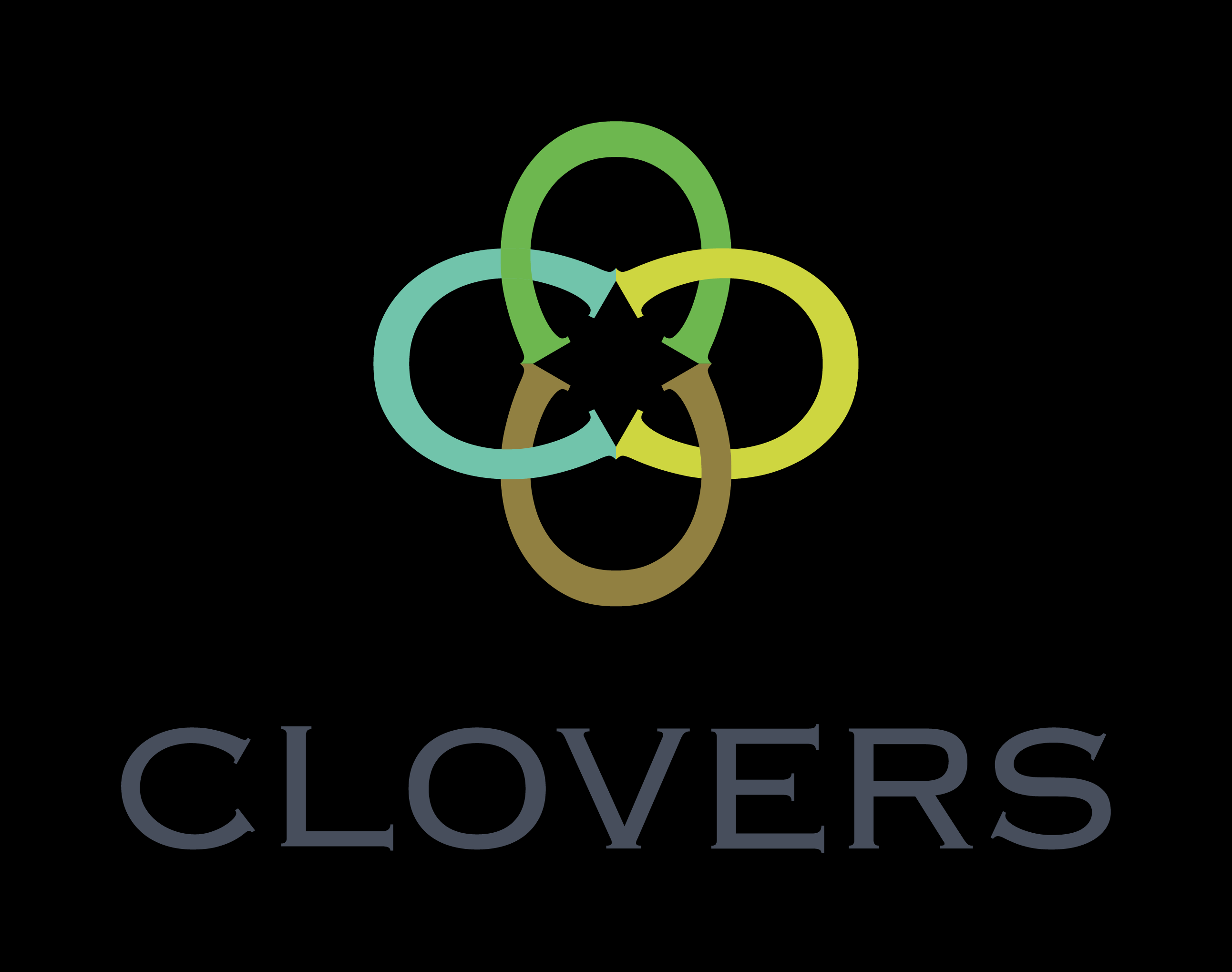
Obviously Capcom is very heavily involved in this. But it sounds like you were thinking about a close relationship with Capcom, maybe even before Ōkami came into the picture when you were first starting Clovers. Is the idea behind the studio Clovers that you will keep that very close relationship with Capcom?
Yoshiaki Hirabayashi: Capcom has always wanted to create an Ōkami sequel due to our deep affection for the IP. When Kamiya left PlatinumGames, it sparked the conversation that led to this project.
Tell me the story of how this came about. Why Ōkami? Why now? How did this pitch happen? Who convinced who?
Hirabayashi: Capcom was always seeking the right moment to revive Ōkami. When Kamiya left PlatinumGames, it presented the perfect opportunity to collaborate and bring this vision to life.
Kamiya: I've always wanted to complete the Ōkami story, which felt unfinished. After leaving Platinum, I could finally pursue this dream, especially with the support of Capcom producer Jun Takeuchi.
Kiyohiko Sakata: Ōkami was a significant IP for Clover Studio. Now, with all the right elements in place, it's the ideal time to move forward.
I think that maybe a lot of our readers aren't as familiar with Machine Head Works. So would you be willing to introduce it a little bit and tell people about what it is, and what you do, and how you're involved?
Sakata: Machine Head Works is a recently established company, branching from M-Two, which has worked closely with Capcom on branding and game development. Our roots trace back to Capcom's Division Four, where Kamiya and I started. We serve as a bridge between Capcom and Clovers, leveraging our experience with Capcom's RE Engine and our involvement in previous Ōkami projects.
Hirabayashi: Machine Head Works also supported us with the PS4 port of Ōkami and recent RE Engine games like Resident Evil 3 and 4.
Why RE Engine? Are there things that you can do with that that will be specifically helpful to the kinds of things you want to do with the Ōkami sequel?
Hirabayashi: Yes, the RE Engine is crucial to realizing Kamiya's artistic vision for the sequel.
Kamiya: The RE Engine is renowned for its expressive capabilities, which we believe will meet the high expectations for the Ōkami sequel.
I want to go back to something you said earlier. You said that Capcom has wanted to do an Ōkami sequel for a very long time. I think some people might actually find that surprising because it seems that people generally understand that at the time that Ōkami came out it was seen as maybe not doing as well commercially as you might've wanted it to. And so, I'm curious why Ōkami has always been so special and has been something that Capcom has been thinking about for this long?
Hirabayashi: Ōkami has a dedicated fanbase, and despite initial sales, it has maintained a steady stream of players over the years. We see it as a unique IP that deserves a sequel.
Kamiya: Initially, we worried about reaching a broad audience, but over time, the game's popularity grew, and the fan reaction to the sequel announcement at TGA was overwhelmingly positive.
You've really assembled what seems to be quite the dream team here of people who just have the perfect set of skills and familiarity to work on this game, specifically. Are there plans to get any of the other former Clover people involved? I read recently, Kamiya-san, there was a former Platinum directors' drinking party of some sort? I don't know, were you planning on getting people like [Shinji] Mikami, or [Abebe] Tinari, or [Takahisa] Taura, or any of those people involved in this?
Kamiya: Several original Ōkami team members are involved through Machine Head Works. The current team is even more skilled and passionate than before, thanks to the modernized approach and new talent.
Kamiya-san, you said something about that in that interview you did with Ikumi Nakamura about wishing you had had a stronger team the first time around. It sounds like you've addressed that.
Kamiya: Yes, we've assembled a stronger team now, which increases our chances of success. I'm always open to welcoming more talented individuals.
Hirabayashi: We're offering three different routes to enter this project, providing flexibility for our team.
Did any of you replay the first Ōkami sometime recently around the announcement?
Hirabayashi: I reviewed the DVD with the artbooks, but haven't played the game recently.
Kamiya: I was unaware of that DVD's existence.
Sakata: My daughter played the Switch version and enjoyed it, appreciating how the game guides players through its world.
Well, you two have sort of already answered my next question, but if you want to add anything, please do. I was going to ask you all, looking back on the original, what are you most proud of? What do you think stands out as something that the first Ōkami did really well that you want to do really well again in a sequel?
Kamiya: The original Ōkami was inspired by my love for nature in Nagano Prefecture. I want the sequel to capture the beauty of nature and the depth of its story, appealing to players of all ages.
I have a bit of a silly question. Can I show you a picture? Do any of you know the story behind this?
[They all declined to comment]
Since you made the first Ōkami, what do you feel has changed about game development and technology that is going to influence how you approach the sequel?
Sakata: The original Ōkami's hand-drawn style was challenging to achieve on the PS2. With today's technology and the RE Engine, we can now fulfill those initial ambitions and more.
Okami 2 Game Awards Teaser Screenshots
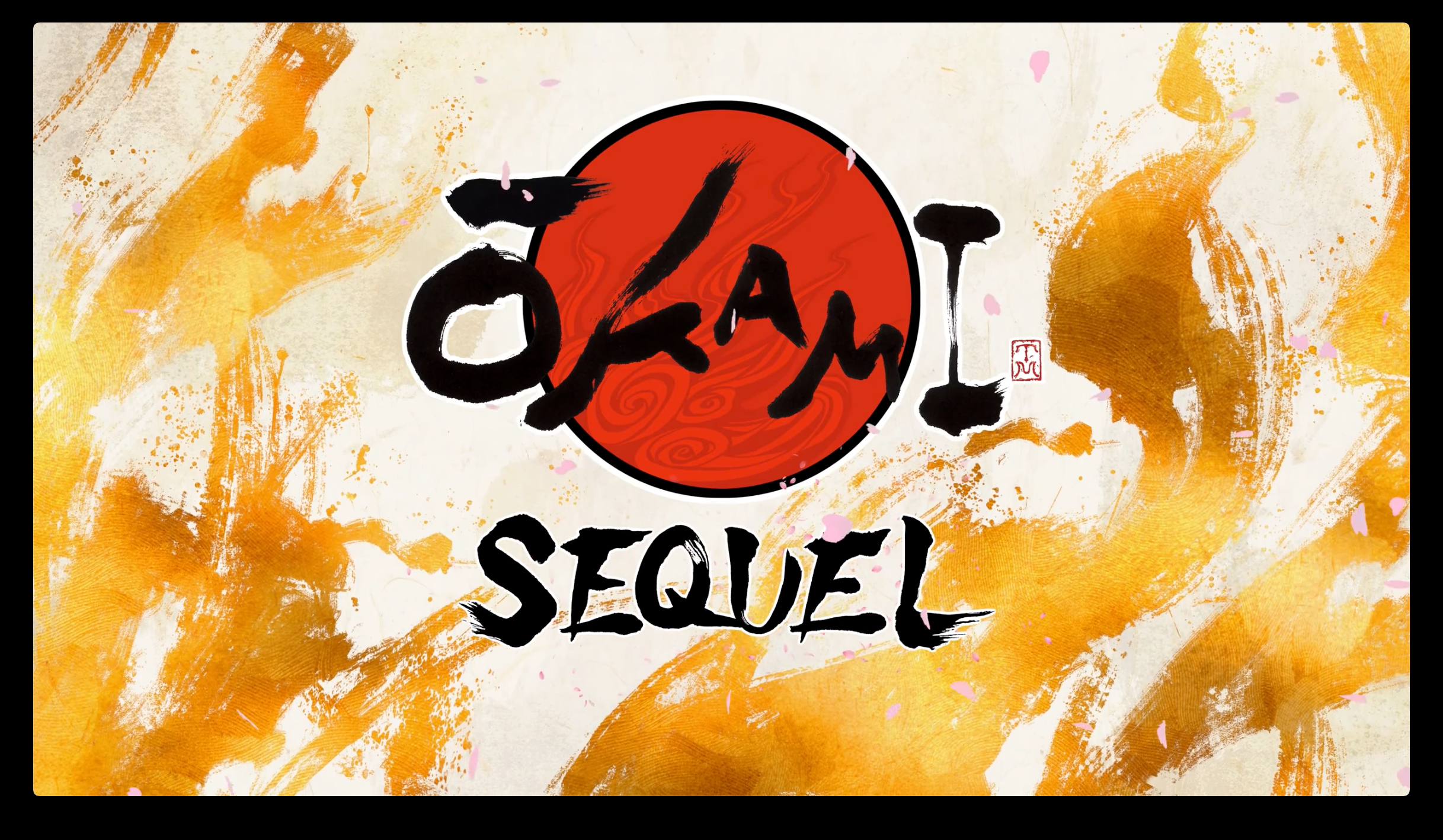
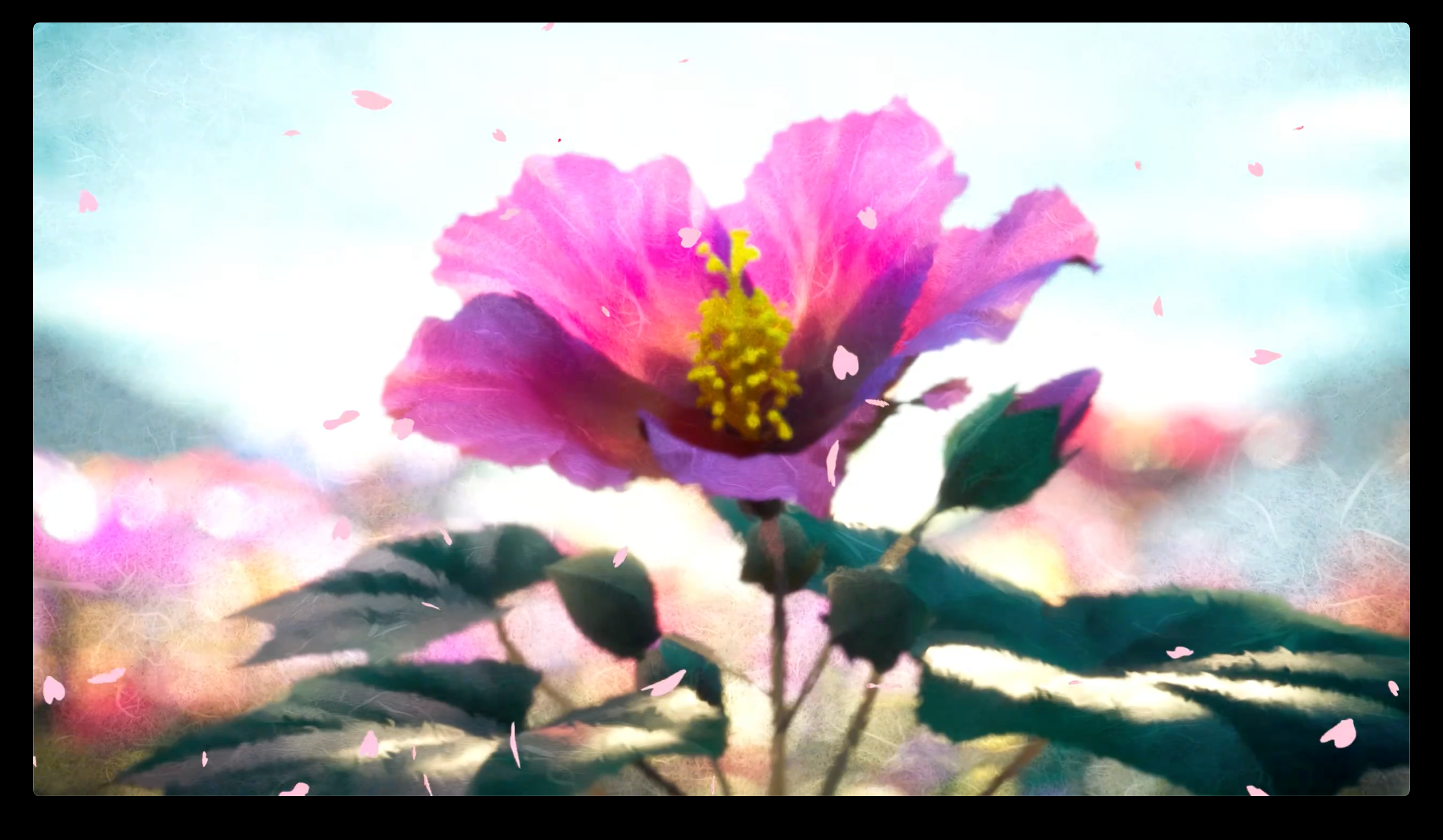 9 Images
9 Images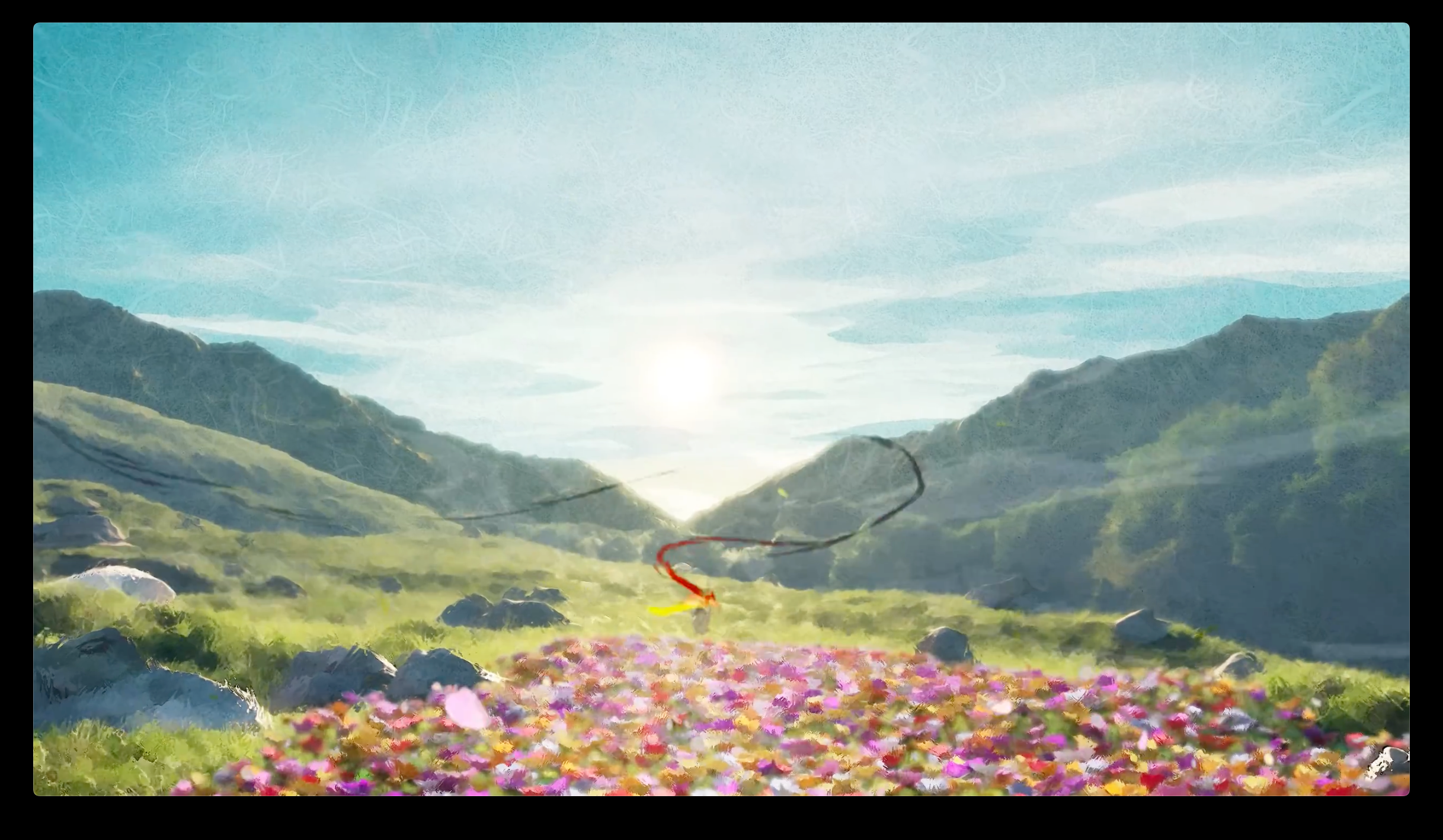
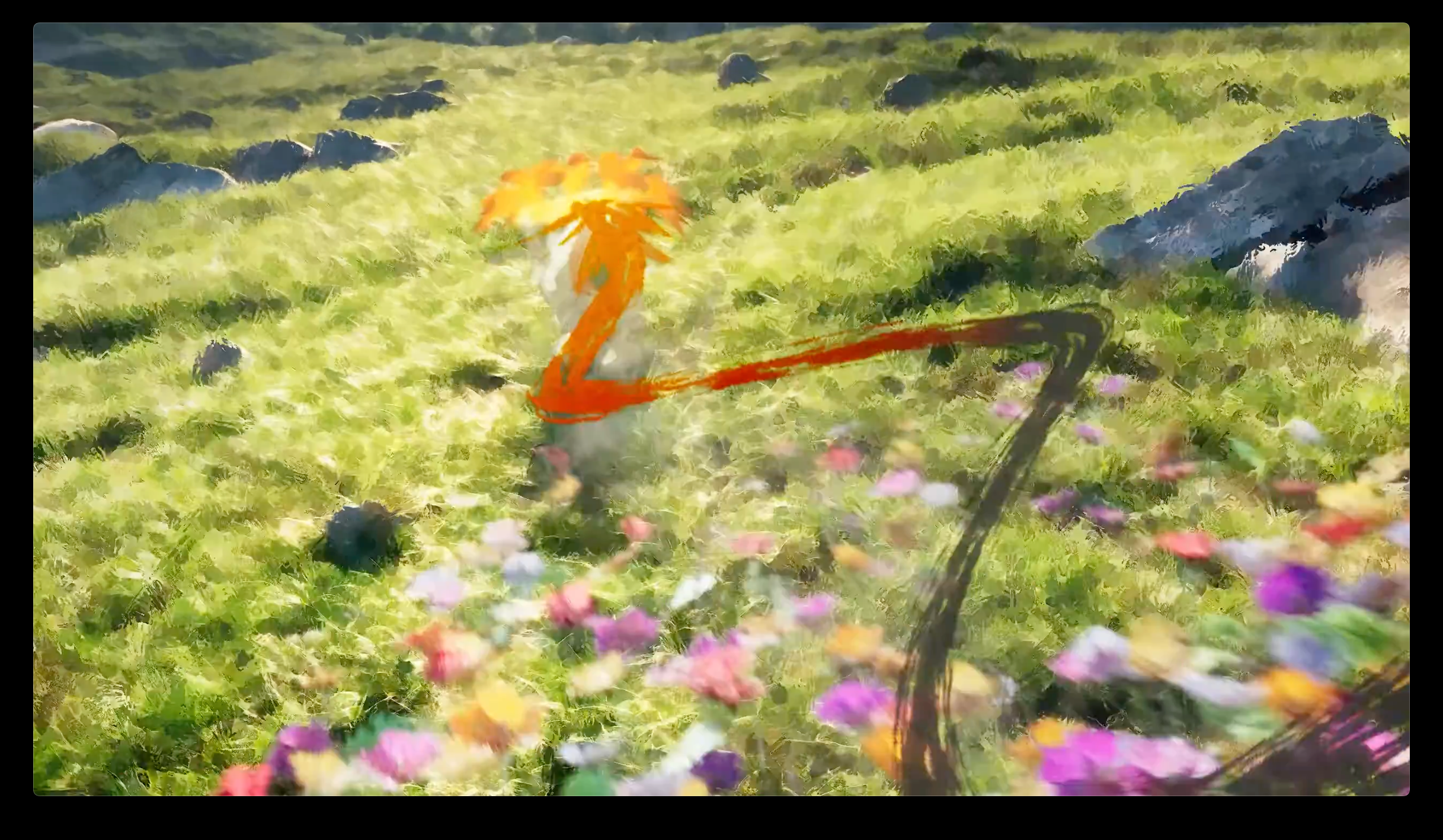
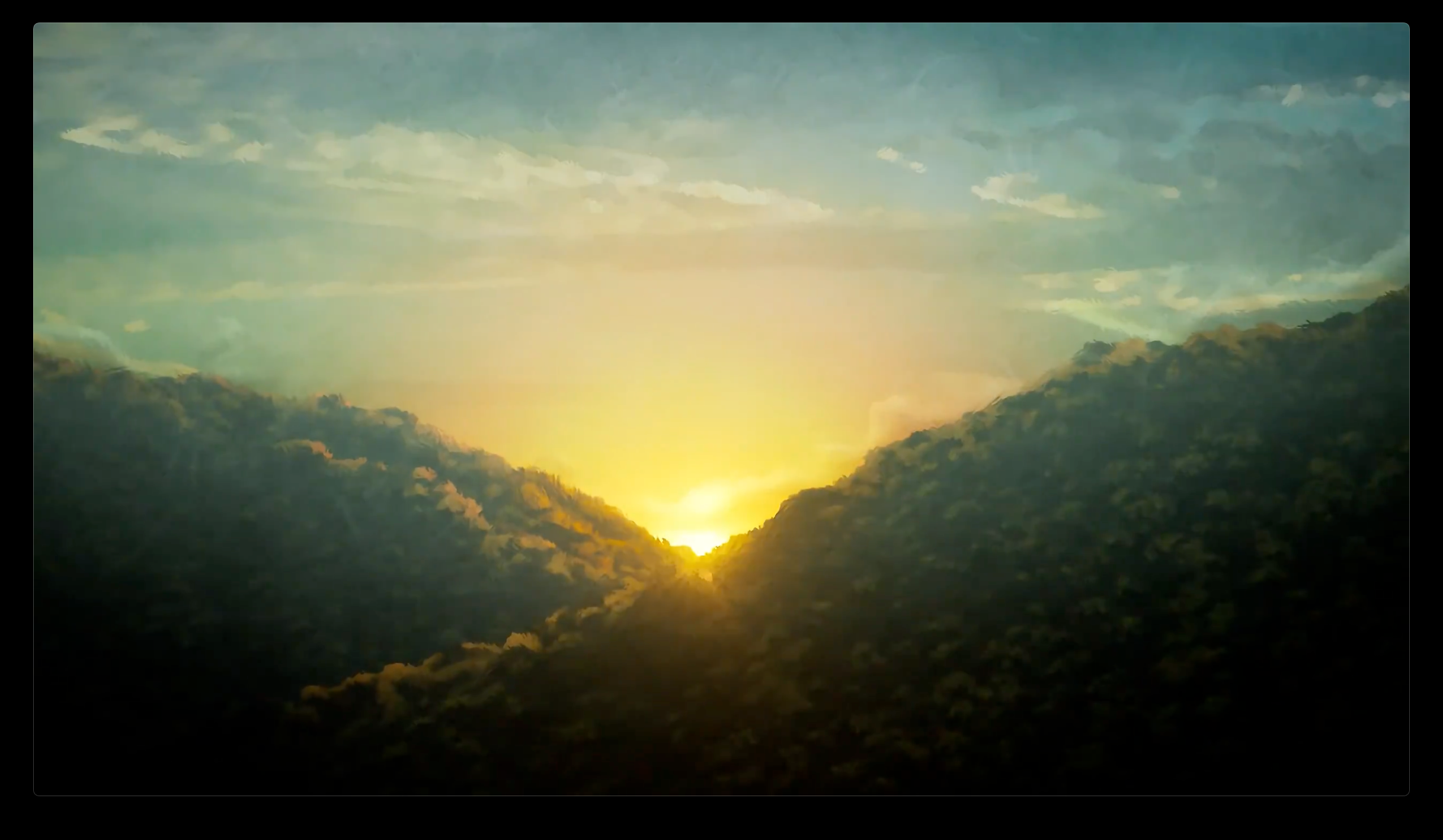
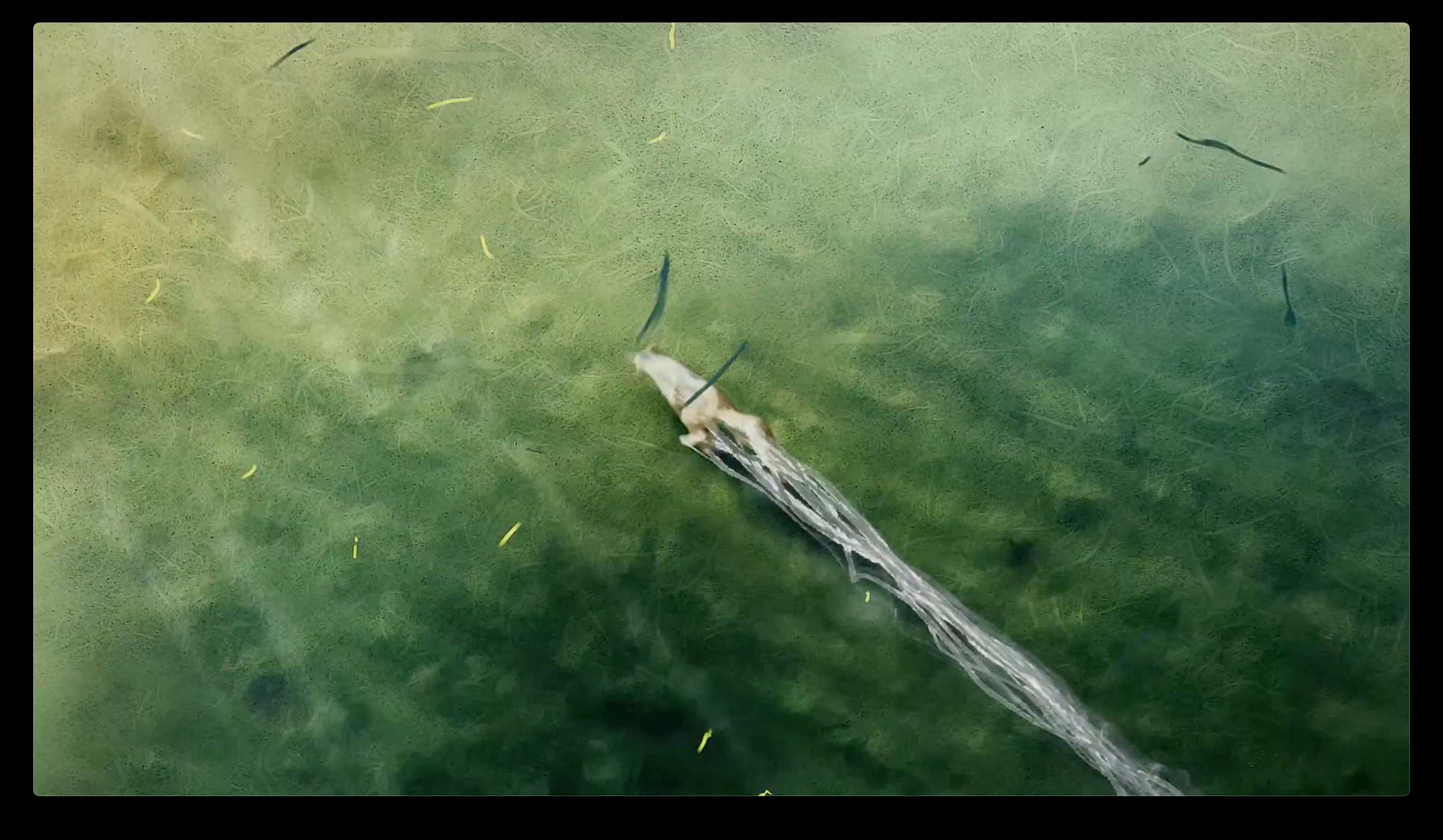
Well, speaking of new technologies, do any of you have any opinions on the Nintendo Switch 2?
Hirabayashi: We can't comment on the Nintendo Switch 2 from Capcom's perspective.
Kamiya: Personally, I'd love to see the Virtual Console rebooted.
I know you're not really saying much about the actual content of the sequel at this time, but I figure I'll try. Can you say anything about any big themes or ideas or stories that you feel you didn't get to tell enough in the first Ōkami that you want to explore in this sequel?
Kamiya: I have a clear vision for the sequel's themes and story, which I've been developing for years.
Hirabayashi: The sequel continues the story from the original game.
Kamiya: We're not just creating what fans demand but aiming to deliver a game that exceeds their expectations.
You said that this is a follow-up to the story told in Ōkami. That is Amaterasu in the trailer we saw at the Game Awards, right? Can you confirm that?
Kamiya: I wonder.
Hirabayashi: Yes, it is Amaterasu.
What are your feelings about Ōkamiden? Are we going to acknowledge Ōkamiden in this?
Hirabayashi: We recognize the fans' affection for Ōkamiden, but the sequel is a direct continuation of the original Ōkami's story.
It can be difficult going back to an older game where the controls to a modern audience may feel out of date, but then again you have fans from the original who might prefer that kind of control method. What is the general outlook on what the control system for this game might look like and what kind of play feel you want to deliver?
Kamiya: We're still early in development, but we'll modernize the controls while respecting the original game's essence.
Am I correct in assuming that this sequel is very, very early in development?
Hirabayashi: Yes, we just started this year.
What led you to announce it so very early at the Game Awards last year?
Hirabayashi: We were excited and wanted to share the news that we could finally make this game.
Kamiya: Announcing it made it real, turning a dream into a promise to our fans.
Do you worry that when this inevitably takes some time to make, you're going to have fans banging down your door, wondering where this game is?
Hirabayashi: We understand fans' impatience, but we're committed to delivering a high-quality game without rushing.
Sakata: We'll do our best.
Hirabayashi: We won't sacrifice quality for speed, but we're not dragging our feet either.
Kamiya: We'll work diligently to meet fans' expectations.
There's a video you can view when you finish Ōkami that is, I think, a prototype of the game that you all worked on, that's Amaterasu running, and trees springing up behind her. Was that at all the inspiration for the Ōkami sequel teaser? Was there any connection?
Sakata: The teaser wasn't directly inspired by that video, but it reflects our commitment to the original game's vision.
Hirabayashi: The trailer's background music was inspired by the original game, composed by Rei Kondoh, maintaining the spirit of Ōkami.
Kamiya: The song in the trailer is a popular one from the original, reinforcing its connection to the sequel.
I would love to hear an answer from each of you, but I want to know what is inspiring you right now or what you're really enjoying. What other video games are you playing, what books are you reading, movies, music, what things do you just generally enjoy right now?
Kamiya: I'm inspired by the Takarazuka stage shows, particularly the Hana group. Their unique stage settings and live performances influence my game design.
Sakata: I enjoy smaller stage performances by Gekidan Shiki, appreciating the live feel and the actors' real-time interactions. This inspires our approach to game design, allowing players to choose their experience.
Hirabayashi: I'm inspired by movies, especially the latest Gundam movie, Gundam GQuuuuuuX, which showcases diverse perspectives and emotional storytelling.
What does success for the Ōkami sequel look like to you all?
Hirabayashi: Success means exceeding fans' expectations and creating a game they can truly enjoy.
Kamiya: For me, success is creating a game I personally enjoy and can be proud of, aligning with the best possible scenario for fans.
Sakata: Success is when players enjoy the game, including both seasoned gamers and newcomers. For Machine Head Works, success is achieving the director's vision.
I asked about the success of Ōkami, but now I want to ask about the success of your respective studios. Kamiya-san and Sakata-san are building these newer studios that have branched off of Capcom, and so 10 years from now, what would you need to feel that you were doing well, that you had accomplished your mission? Do you imagine you might someday end up back under Capcom? Do you continue this partnership or keep working on more games with them? Or do you eventually develop your own IP? What does that look like?
Sakata: In 10 years, I hope Machine Head Works continues creating games, focusing on sustainability rather than specific metrics.
Kamiya: Clovers aims to gather like-minded individuals to collaborate on various projects, not just specific games.
All three requested the opportunity to close by delivering one final message directly to the fans:
Hirabayashi: We're working hard to realize this dream. Please be patient as we bring Ōkami's sequel to life.
Sakata: This project is driven by our love for the series. We're committed to meeting your expectations.
Kamiya: This project is my personal dream, made possible by your support. Thank you, and please look forward to what we have in store.
Latest Articles

![1xBet [Updated]](https://imgs.yx260.com/uploads/76/1719623227667f5e3be7616.jpg)



